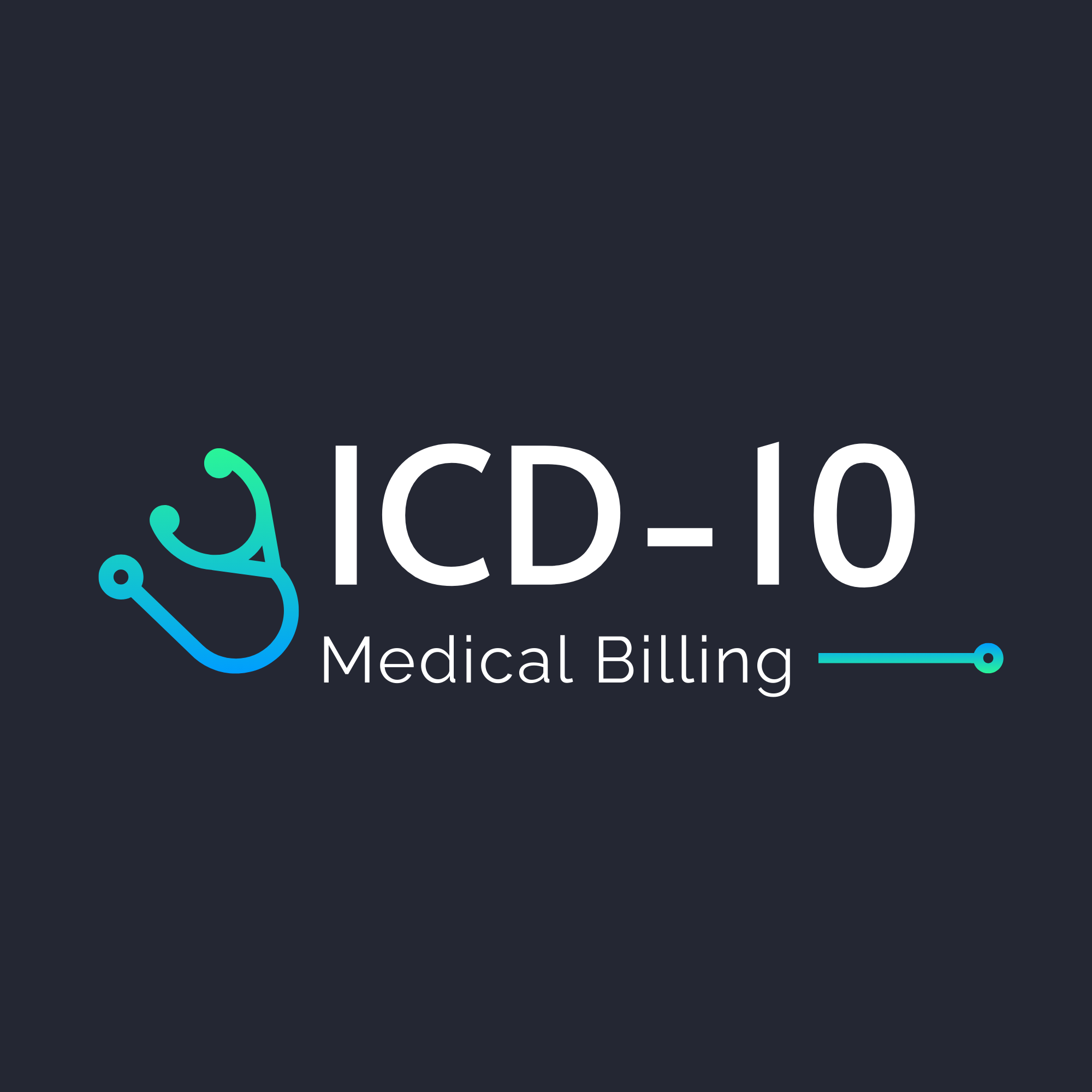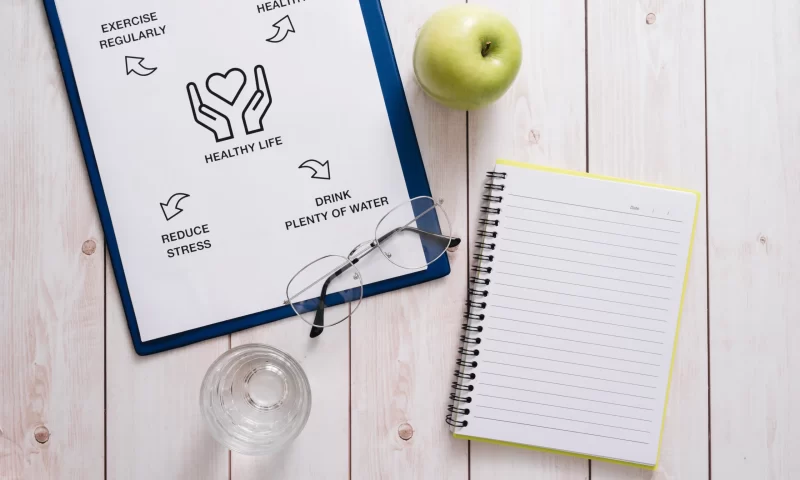1. Balanced Diet
- Eat a Variety of Foods: Include fruits, vegetables, whole grains, lean proteins, and healthy fats in your diet.
- Portion Control: Pay attention to portion sizes to avoid overeating.
- Limit Sugar and Salt: Reduce the intake of sugary snacks and salty foods.
2. Regular Exercise
- Stay Active: Aim for at least 30 minutes of moderate exercise most days of the week.
- Mix It Up: Include different types of exercise such as walking, running, swimming, and strength training.
- Stretching: Incorporate stretching exercises to improve flexibility and prevent injuries.
3. Adequate Sleep
- Consistent Schedule: Go to bed and wake up at the same time every day.
- Comfortable Environment: Ensure your sleeping area is quiet, dark, and cool.
- Avoid Stimulants: Limit caffeine and screen time before bed.
4. Mental Health
- Stress Management: Practice relaxation techniques such as meditation, deep breathing, or yoga.
- Seek Support: Talk to friends, family, or a mental health professional if you’re feeling overwhelmed.
- Stay Positive: Focus on positive thoughts and practice gratitude.
5. Hydration
- Drink Water: Aim to drink at least 8 glasses of water a day.
- Limit Sugary Drinks: Avoid sodas and juices with added sugars.
- Hydrating Foods: Include fruits and vegetables with high water content in your diet.
6. Avoid Harmful Habits
- No Smoking: Avoid tobacco products completely.
- Limit Alcohol: Drink alcohol in moderation, if at all.
- Stay Away from Drugs: Avoid recreational drugs and misuse of prescription medications.
7. Preventive Healthcare
- Regular Check-ups: Visit your doctor for routine exams and screenings.
- Vaccinations: Keep up with recommended vaccinations.
- Know Your Numbers: Monitor your blood pressure, cholesterol, and blood sugar levels.
8. Healthy Relationships
- Social Connections: Maintain strong relationships with family and friends.
- Effective Communication: Practice open and honest communication.
- Support Networks: Build a support network you can rely on in times of need.
9. Mindful Living
- Be Present: Practice mindfulness to stay focused on the present moment.
- Reduce Screen Time: Limit time spent on electronic devices.
- Enjoy Nature: Spend time outdoors and connect with nature.
10. Personal Growth
- Lifelong Learning: Continue to learn new skills and knowledge.
- Set Goals: Establish and work towards personal goals.
- Self-Care: Take time for activities that promote your well-being.
11. Financial Health
- Budgeting: Create and stick to a budget to manage your finances.
- Save Money: Set aside savings for emergencies and future needs.
- Avoid Debt: Be cautious with credit and avoid unnecessary debt.
12. Spiritual Health
- Find Meaning: Engage in activities that bring a sense of purpose and meaning.
- Practice Faith: If you follow a religion, participate in your faith’s practices.
- Reflect: Take time for self-reflection and meditation.
13. Regular Medical Screenings
- Early Detection: Regular screenings can help catch health issues early.
- Follow Doctor’s Advice: Adhere to medical advice and prescribed treatments.
- Health Records: Keep track of your medical history and appointments.
14. Dental Health
- Brush and Floss: Brush your teeth twice a day and floss daily.
- Regular Check-ups: Visit the dentist regularly for cleanings and check-ups.
- Limit Sugary Foods: Reduce intake of sugary snacks and drinks.
15. Mental Stimulation
- Brain Exercises: Engage in puzzles, reading, and problem-solving activities.
- Learn New Skills: Take up hobbies that challenge your mind.
- Stay Curious: Cultivate a habit of curiosity and lifelong learning.
16. Healthy Weight
- Balanced Diet: Maintain a diet that supports a healthy weight.
- Regular Exercise: Incorporate physical activity into your daily routine.
- Monitor Weight: Keep track of your weight and body measurements.
17. Safe Environment
- Home Safety: Ensure your living space is safe and free from hazards.
- Workplace Safety: Follow safety protocols at work to prevent injuries.
- Emergency Preparedness: Have a plan for emergencies and know basic first aid.
18. Healthy Aging
- Stay Active: Continue physical activities suitable for your age.
- Mental Engagement: Keep your mind active with reading, puzzles, and social activities.
- Regular Check-ups: Monitor health conditions that are common with aging.
19. Positive Attitude
- Optimism: Cultivate a positive outlook on life.
- Gratitude: Practice gratitude by acknowledging things you are thankful for.
- Resilience: Build resilience to cope with challenges and setbacks.
20. Community Involvement
- Volunteer: Get involved in community service or volunteer work.
- Support Groups: Join groups that share your interests or challenges.
- Active Participation: Engage in community events and activities.
21. Occupational Health
- Ergonomics: Ensure your workspace is ergonomically designed.
- Breaks: Take regular breaks to avoid physical strain.
- Work-Life Balance: Maintain a balance between work and personal life.
22. Sun Protection
- Sunscreen: Use sunscreen to protect your skin from harmful UV rays.
- Protective Clothing: Wear hats, sunglasses, and long sleeves when in the sun.
- Avoid Tanning Beds: Steer clear of tanning beds and sunlamps.
23. Healthy Skin
- Cleanse and Moisturize: Follow a daily skincare routine.
- Stay Hydrated: Drink plenty of water to keep your skin hydrated.
- Avoid Harsh Products: Use gentle skincare products suitable for your skin type.
24. Avoid Environmental Toxins
- Reduce Exposure: Limit exposure to pollutants and chemicals.
- Healthy Cleaning Products: Use natural or non-toxic cleaning products.
- Indoor Air Quality: Ensure good ventilation and clean air filters regularly.
25. Regular Relaxation
- Take Breaks: Make time for regular breaks and relaxation.
- Hobbies and Interests: Engage in activities that you enjoy.
- Vacation: Take time off for vacations to rest and recharge.
Conclusion:
Achieving optimal health is a comprehensive and ongoing process that involves taking care of every aspect of your life. From maintaining a balanced diet and regular exercise to ensuring mental and emotional well-being, each step plays a crucial role in your overall health. By focusing on these 25 key points, you can create a holistic approach to health that supports your body, mind, and spirit. Remember, small, consistent changes are often the most effective. Embrace a positive attitude, stay curious, and continuously seek improvement. With dedication and commitment, you can achieve and maintain optimal health, leading to a long, happy, and fulfilling life.
Stay informed with ICD Med-Billing for the latest updates on ICD-10 codes.




